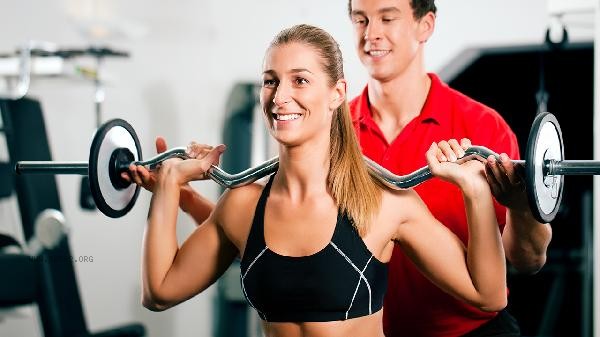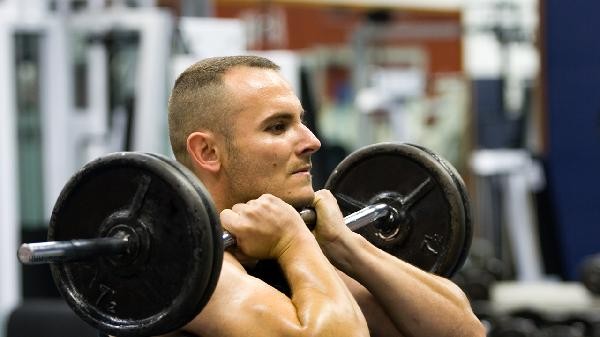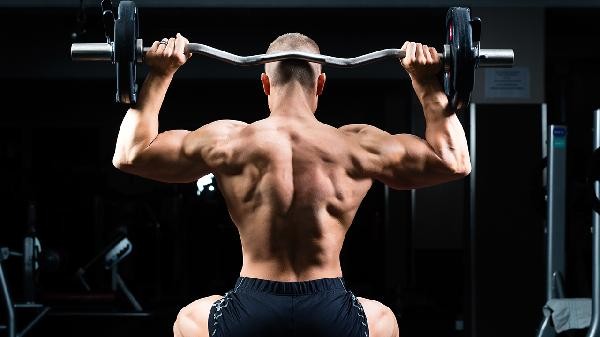Eating before and after fitness should be determined based on exercise goals and personal physique. For muscle building, it is recommended to supplement protein and carbohydrates after exercise, and for weight loss, it is recommended to eat small amounts before exercise to avoid low blood sugar. Eating a small amount of food 1-2 hours before exercise can help provide the energy needed for exercise and avoid hypoglycemia or fatigue caused by fasting exercise. Suitable foods include low glycemic index carbohydrates such as bananas and whole wheat bread, paired with small amounts of nuts or yogurt. This type of food has a moderate digestion rate, which can provide sustained energy without causing gastrointestinal burden. Within 30 minutes after exercise is the golden window period for nutritional supplementation, during which muscles have the highest efficiency in absorbing protein and glycogen. People who want to gain muscle can choose high-quality protein such as chicken breast and eggs, combined with compound carbohydrates such as sweet potatoes and oats, to help with muscle repair and glycogen storage. Weight loss individuals can appropriately reduce their carbon to water ratio and increase their intake of vegetables and low sugar fruits. When there are special circumstances, it is necessary to adjust the eating strategy. Patients with diabetes need to monitor their blood sugar before exercise, and carry candy when necessary to prevent hypoglycemia. People with weak gastrointestinal function should avoid eating within 1 hour before exercise to prevent acid reflux or abdominal pain during exercise. It is not advisable to consume a large amount of food 2 hours before high-intensity interval training, but electrolyte drinks can be supplemented. If morning exercise enthusiasts are unable to eat in advance, they can drink honey water or sports drinks to quickly replenish energy. Women should pay attention to supplementing iron containing foods, such as lean meat or spinach, before and after exercising during their menstrual period.

Fitness diet should be accompanied by a balanced distribution of nutrients throughout the day to avoid concentrating a large amount of calories before and after exercise. Adequate water intake should be ensured in daily life, and 100-150 milliliters of water should be replenished every 15 minutes during exercise. It is recommended that long-term fitness enthusiasts regularly undergo body fat percentage and muscle mass testing, and adjust their diet plan according to changes in their body. Individuals with special health conditions should develop personalized fitness and dietary plans under the guidance of nutritionists to avoid blindly following popular dietary methods that may pose health risks.









Comments (0)
Leave a Comment
No comments yet
Be the first to share your thoughts!